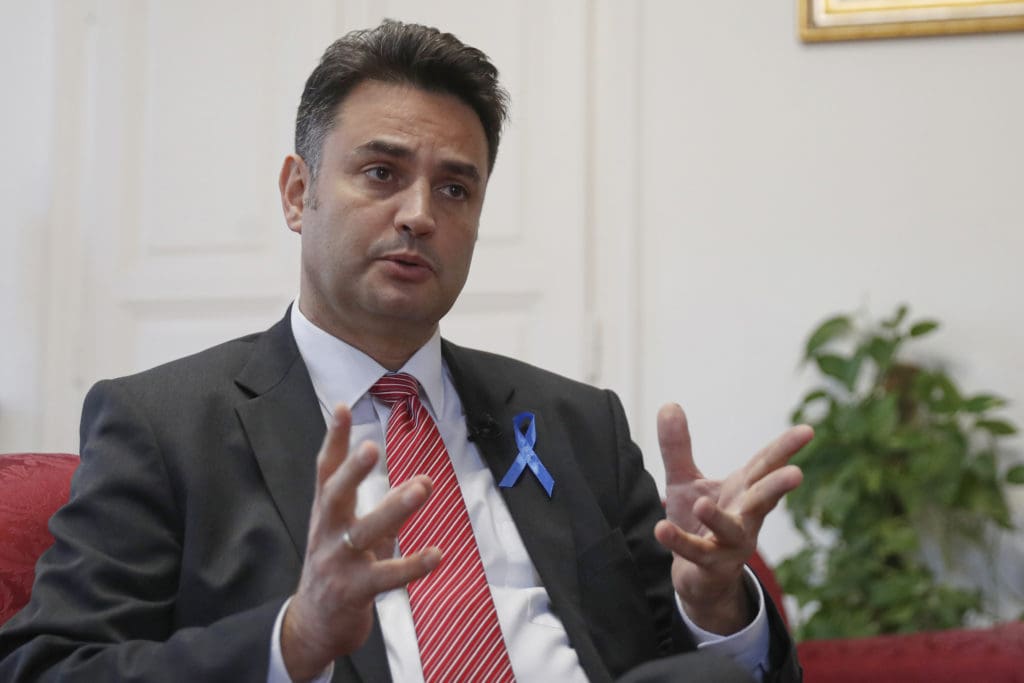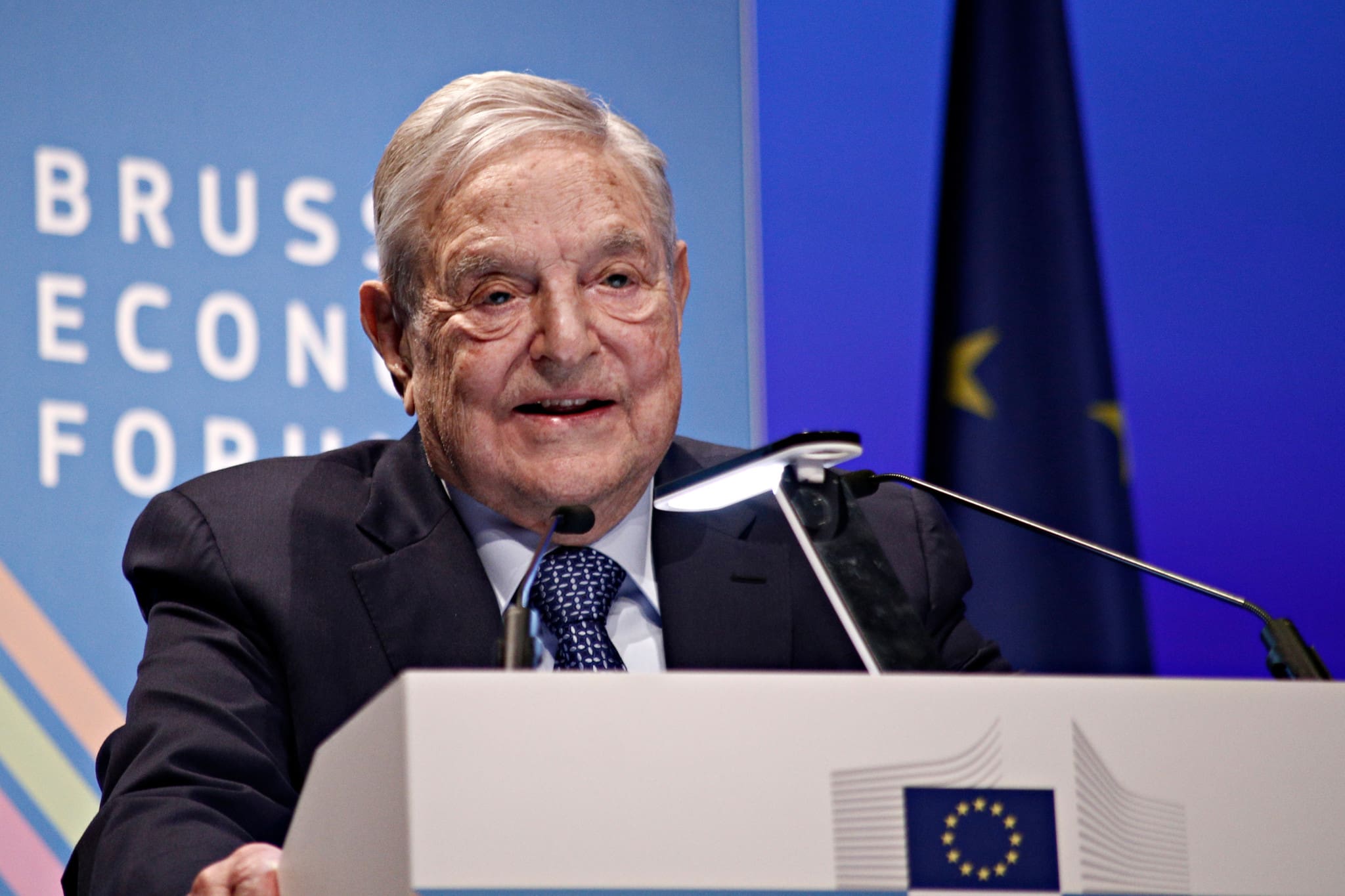Less than three weeks before the elections on April 3, Hungarian teachers’ trade unions have called for an indefinite strike action. The strike was called by the Teacher’s Union (PSZ) and the Teachers’ Democratic Union (PDSZ), both known for their close ties with the Hungarian left-wing opposition. A similar strike in January was joined by only one-fifth of Hungarian teachers, mostly those working in schools of the capital Budapest, but the current strike enjoys the support of even less, only 13 percent of Hungarian teachers.
The low numbers willing to join the unmistakably political campaign of the Hungarian opposition are not only a sign of apathy among teachers. In what must be a worrying sign for the far-left to far-right monster coalition of opposition parties facing Orbán’s Fidesz party, the lack of enthusiasm from teachers for a politicized strike could be an indicator of just how little support they and their current nominee for prime minister, Péter Márki-Zay, inspires in the general electorate shortly before the elections.

With Márki-Zay’s popularity floundering at around 32 percent, compared to the current prime minister Viktor Orbán at 62 percent, George Soros’ network decided to give the lukewarm teachers’ strike a shot in the arm.
On March 17, a workshop at the Central European University (CEU) in Budapest, which is the brain child of Soros and his surrogates, was held in support of the striking teachers. One of the most remarkable aspects of the workshop was that it was held at all, with the world’s liberal press having for years indicated that the CEU no longer even existed in Budapest after it was forced to leave Hungary. These news headlines featured titles such as “Dark day for freedom: Soros-affiliated university quits Hungary” that ranged as far back as 2018.
[pp id=28101]
It is 2022 now, and the CEU is alive and well in Budapest, still partaking in the same activities it has from the outset, namely engaging in political activism against Hungary’s conservative government, as well as championing radical progressive causes in society.
The workshop is being organized in cooperation with another Soros-funded NGO, Amnesty International. The coming together of a supposedly educational institute with a supposedly apolitical human rights organization in a direct pre-election propaganda workshop will surprise no one in Hungary, the impartiality and political neutrality of both has been called into question on a number of occasions in the past. The program of the reads: “In solidarity with the teachers’ strike, both CEU and Amnesty International representatives are going to participate in a student demonstration on March 16, while on March 17 there is going to be a debate at CEU about the demands of protesting teachers.”
Protesting teachers who might have naively hoped for some moral support from the organizers of the workshop are in for a rude awakening, as the CEU debate focuses mostly on “expert” opinion concerning Hungary’s “homophobic and transphobic” legislation, as well as what they call the “hate-mongering referendum.”
[pp id=27578]
As far as the mentioned legislation is concerned, organizers are referring to Hungary’s Child Protection Bill introduced last year, that on the one hand brings higher penalties for child abusers and on the other it blocks access to NGOs involved in LGBTQ and identity politics to school-age children. The supposedly hate-mongering referendum refers to the fact that alongside the April 3 Hungarian elections, there will also be a referendum regarding the above child protection legislation, where voters can express their approval or disapproval in a direct vote.
It is symptomatic of the Soros network’s thinking that a direct referendum, which is one of the most powerful tools of any democratic society, is being opposed by them on the premise that people should be re-educated into accepting progressive dogmas, rather than allowed to vote on what they want.
These radical leftist NGOs are now displaying grave concern that ordinary citizens, when given a chance, will express their will in opposition to their progressive agenda — one which despite generous foreign funding may end up having very little indigenous support in societies they are active in.
[pp id=27211]
In Hungary, the polling data shows this to be the case. Over two-thirds (67%) of Hungarians support the Child Protection legislation, with only 23 percent against it. Voters in Western democracies will seldom get the chance to vote directly over issues that concerns them, and the bitter experience of Brexit has taught the liberal elite to avoid giving people a chance to express their opinion on issues that are not in line with their own political interests.
The Hungarian teachers’ union call for strike action against the government of Viktor Orbán has no doubt been heard and exploited by the Soros-network’s political toadies, but this alliance will most probably hurt their credibility if in the future they would decide to focus on the legitimate concerns of Hungarian teachers.






